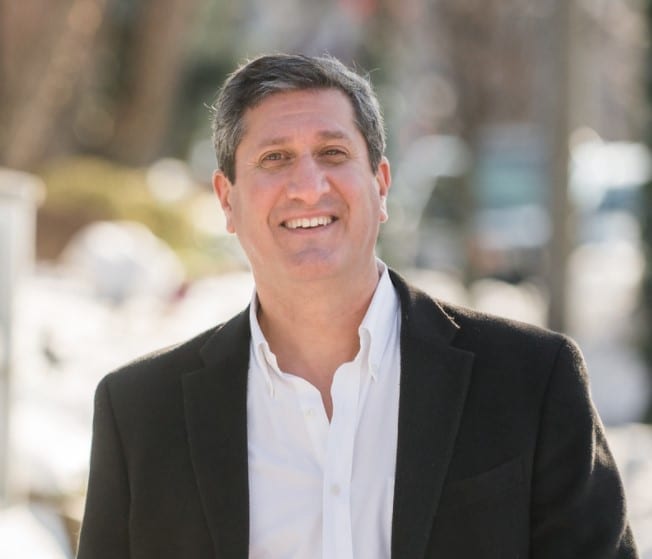Kornreich reluctant to amend existing town rules for recreational marijuana
By Leah Chiappino
Recreational marijuana has been legalized in New York state since 2021, allowing for adults 21 and older to possess up to three ounces of cannabis.
Despite Brookhaven being one of just four Long Island towns to allow sales, with conditions, no locations have opened shop within the township. The first recreational cannabis shop on Long Island opened last month in Farmingdale in the Town of Oyster Bay, Nassau County.
The Town of Brookhaven zoning restrictions include bans on recreational cannabis shops within 500 feet of homes and 1,000 feet of schools, as well as a “church or other place of religious worship, park, playground, or playing field, library, hospital or similar public or semi-public place of general congregation, or non-degree-granting instruction/programs, including self-defense, dance, swimming, gymnastics, and other sports.” Stores must also be at least a mile apart and aren’t permitted in downtowns.
Town Councilmember Jonathan Kornreich (D-Stony Brook) said in a recent phone interview he can’t think of locations in his Council District 1 — extending from Stony Brook to Port Jefferson Station and Terryville — that would fit these requirements. However, he has received calls from those eager to open cannabis shops, but in order to do so, need an exemption to the zoning rules.
“There are already people who are contacting us saying, ‘We found a property … it meets most of the requirements, but not all of them. Can we get an exception?’” he said. “And people are already looking for exceptions to a brand new rule and there’s a lot of pressure.”
Kornreich isn’t keen on granting exemptions, in large part because the rules are new, he said. He also worries that once one exemption is granted, the town will have to approve the next person who comes along wanting the exemption.
“I am extremely reluctant to immediately start walking back the rules that we’ve just finished establishing,” he said. “I think for now we should probably stick with no exceptions.”
A self-described progressive, Kornreich said he understands the benefits to legalization, from a “personal liberty” point of view, as well as the benefits of the town gaining tax revenue from sales, which is why the Town Council chose to opt-in in the first place.
“If people want to smoke this stuff, it’s probably not as dangerous as alcohol, which is legal,” he said. “We also have to figure out how to balance that out against things like traffic safety, and how do we monitor for people driving under the influence because it does affect reaction times.”
The Drug Prevention Coalition, an advocacy group in Kornreich’s district that is focused on drug prevention for youth, is trying to advocate and educate against underage cannabis consumption, and is doing as much outreach as possible.
Kornreich said he is concerned that allowing cannabis stores in downtowns and smoking in public will normalize cannabis smoking for children.
“I don’t think it’s going to be healthy for our kids to create this permissive environment where people are just doing it all over the place,” he said.
The look of having cannabis stores around them, much like vape shops, he said, is “not great.” Another concern Kornreich has is the public being inconsiderate, and smoking in parks and other community spaces.
“I think most [cigarette] smokers are pretty considerate and they will go off to the side and they stay out of the way,” he said. “But people who are smoking weed, they just seem to be OK with walking down the street and doing it.”
In order to shore up the regulations and compliance, Kornreich would like to see enforcement from New York State and Suffolk County on stores illegally selling cannabis.
“This was never meant to turn into a free-for-all,” he said. “We were just trying to legalize it.”







